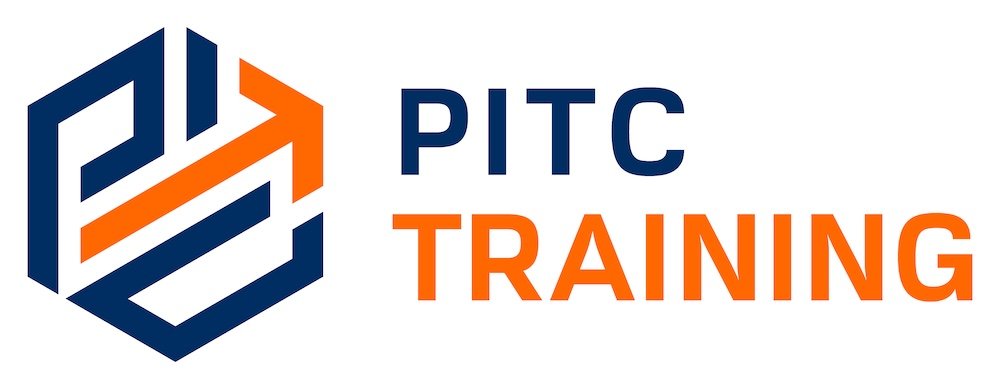Introduction
Project management is always changing, and in today’s rapidly moving business world, a single approach doesn’t fit every situation. Hybrid project management brings together the strengths of both Agile and traditional (Waterfall) methods, offering a flexible and adaptable framework. This approach allows project managers to combine Agile’s quick, iterative style with the more structured, step-by-step nature of traditional methods, making it easier to tailor project delivery to different needs. In this course, participants will learn the skills to manage projects that need both flexibility and structure, leading to more successful outcomes.
Course Outline
- Module 1
- Module 2
- Module 3
- Module 4
- Module 5
- Course Objectives
- Target Audience
Agile & Traditional Project Management
- Agile project management: Key principles and processes.
- A structured planning and execution process (Waterfall).
- Agile vs. traditional methodologies.
- The pros and cons of Agile and traditional approaches.
- Project management methodologies and their strengths.
- When hybrid approaches are needed for projects.
Hybrid Project Management
- Key components of a hybrid project management framework.
- Using Agile’s iterative processes with traditional project structures.
- Identifying the right projects for a hybrid approach.
- Roles and responsibilities in a hybrid project environment.
- A flexible project plan based on Agile sprints.
- Tools and techniques for managing hybrid projects.
Executing Hybrid Projects
- Combining Agile and traditional project planning.
- Work breakdown structure (WBS) and Agile task prioritization.
- Iterative Agile sprints within traditional project timelines.
- Flexible Agile with fixed milestones and deliverables.
- Tracking progress using sprint reviews and traditional progress reports..
- A hybrid approach to managing scope changes using Agile.
Managing Teams and Stakeholders
- Managing cross-functional teams in hybrid projects.
- Collaboration between Agile and traditional teams.
- Handling stakeholder expectations in a hybrid environment.
- Agile ceremonies and traditional meetings for hybrid teams.
- Traditional and Agile ways of managing team performance.
- Conflicts between Agile and traditional project teams.
Controlling and Closing Hybrid Projects
- Agile and traditional metrics for tracking hybrid projects.
- Tracking KPIs and ensuring project goals are met.
- Risk management strategies for hybrid projects.
- Hybrid project scope, timeline, and cost control.
- Balancing iterative flexibility with fixed milestones.
- Successfully closing a hybrid project.
By the end of this course, participants will be able to:
- Explore the key principles of both Agile and traditional project management methodologies.
- Identify when to apply Agile, traditional, or hybrid project management approaches.
- Manage complex projects using Agile’s iterative processes and linear planning.
- Explore a hybrid project management framework suited to different types of projects.
- Use tools and techniques to plan and execute projects using Agile and traditional methods.
- Make collaboration and communication in a hybrid project environment.
This course is ideal for:
- Project Managers.
- Team Leaders.
- Business Analysts.
- Senior Executives.
- IT Professionals.
- Engineering Professionals.
Course Schedule & Fees
- Kuala Lumpur
- Singapore
- Amsterdam
- Online
- Course Fees
This course will take place in Kuala Lumpur on the following dates:
| 12/05/2025 | 26/05/2025 | 09/06/2025 | 23/06/2025 |
| 07/07/2025 | 21/07/2025 | 04/08/2025 | 18/08/2025 |
| 01/09/2025 | 22/09/2025 | 06/10/2025 | 20/10/2025 |
| 10/11/2025 | 24/11/2025 | 15/12/2025 | 05/01/2026 |
| 26/01/2026 | 16/02/2026 |
This course will take place in Singapore on the following dates:
| 05/05/2025 | 26/05/2025 | 16/06/2025 | 30/06/2025 |
| 21/07/2025 | 11/08/2025 | 01/09/2025 | 22/09/2025 |
| 13/10/2025 | 03/11/2025 | 24/11/2025 | 15/12/2025 |
| 05/01/2026 | 26/01/2026 |
This course will take place in Amsterdam on the following dates:
| 19/05/2025 | 09/06/2025 | 30/06/2025 | 21/07/2025 |
| 11/08/2025 | 01/09/2025 | 22/09/2025 | 13/10/2025 |
| 03/11/2025 | 24/11/2025 | 15/12/2025 | 05/01/2026 |
| 26/01/2026 | 16/02/2026 |
This course will take place Online the following dates:
| 06/05/2025 | 03/06/2025 | 01/07/2025 | 29/07/2025 |
| 26/08/2025 | 23/09/2025 | 21/10/2025 | 18/11/2025 |
| 16/12/2025 | 13/01/2026 | 10/02/2026 |
| Kuala Lumpur | Singapore | Amsterdam | Online |
| USD$ 3,580 | USD$ 5,600 | USD$ 5,600 | USD$ 1,920 |


